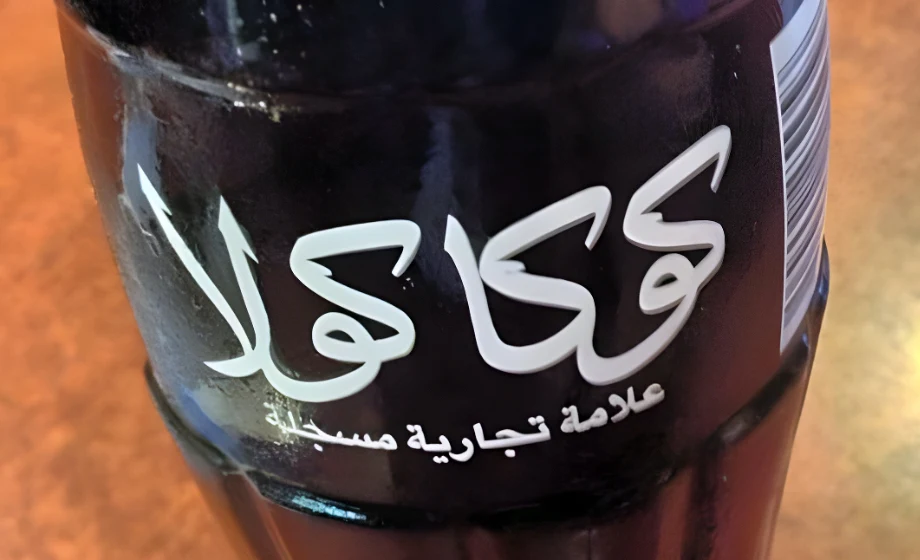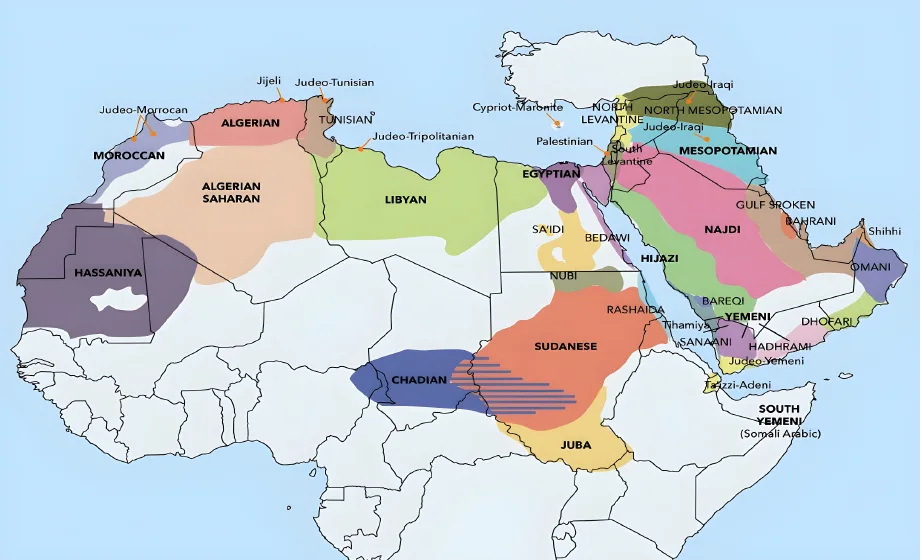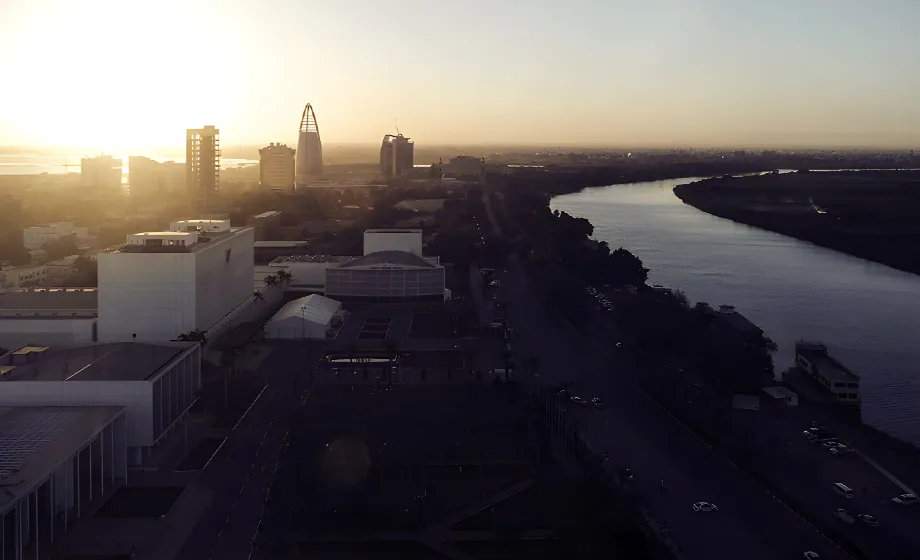The birthplace of the Arab Spring, Tunisia represents a bellwether for the state of democracy in the MENA region. As such, learning and understanding its own unique dialect is a priority for many public and private organizations alike. There’s just one problem: Tunisian Arabic is very difficult to understand, and even more native speakers from the Levant and Gulf. With this in mind, where do you even begin to search for reliable Tunisian Arabic translation services?
Look no further! As the leader in Arabic to English (and vice versa) language services, Industry Arabic also offers a wide range of Arabic dialect services, including Tunisian Arabic. You can expect the same level of high-quality, accurate, and fast translations now with any document or file in Tunisian Arabic. See below to get a better sense of our method when it comes to handling your next Tunisian Arabic project.
A Quick Tunisian Arabic Tutorial
Tunisian Arabic can be divided into six regional sub-dialects: Tunis (prevailing dialect), Sfax, Sahil, Northwestern, Southwestern, and Southeastern. Though based in Classical Arabic, the dialect is heavily influenced by other languages. The first primary influence is the Berber language, as the Berber people were the indigenous residents of North Africa. The second major influence is the French language since Tunisia was a colony of that European country for several decades. As a result, French remains the official administrative language to this day. However, loan words from both languages constitute a basic part of everyday Tunisian speech.
As is the case with most Arabic dialects, some basic pronunciation variances exist between Modern Standard Arabic and Tunisian Arabic. Often times the ذ sounds like a د, the ث sounds like a ت, the ظ becomes a ض, and ق could sound either like a “q” or “g”. Like its sister Maghrebi dialects, Tunisian Arabic also tends to collapse all consonant sounds together by removing short vowels. This produces a rapid-fire cadence to the dialect. To express the present progressive tense, the active participle قاعد (qa’ed) is added before the present tense verb. Similarly, to express future tense, the preposition بش or ماش precedes the present tense verb.
Our Translation Philosophy
As stated before, Tunisian Arabic can be a hassle to work with for most Arabic speakers. Fortunately, our crack team of linguists and translators have just the expertise and know-how to handle any Tunisian Arabic project. Below is a brief summary of what you can expect from an Industry Arabic translation:
- 100% Trusted Expert Human Translators: Would you trust AI to write your next prospectus, article, or legal brief? Of course not! Then why would you trust it to translate your important document? Industry Arabic only employs a team of professionally vetted translators on your project, most of whom specialize in various industries and subject matter. In this way, you can rest assured that human eyes and minds are interpreting and translating your content with the proper linguistic and cultural context it requires.
- Tunisian Linguists: Every Industry Arabic translation goes through a two-step review process to verify accuracy and readability. With Tunisian Arabic projects, these processes are handled by professional Tunisian linguists, who understand their native dialect and culture better than anyone else. After finishing the translation, the translator edits and revises their work against the source text. Then, they submit the document to our project managers, who proofread it and ensure that it is ready for delivery. In this way, you know that your project is being handled by individuals familiar with this specific dialect.
- Multi-Format Approach: We know that translations come in all shapes, sizes, and formats. We also understand the proper formatting rules and methods for making your translation look presentable to a Tunisian audience. The process of flipping images in a Powerpoint, typesetting Arabic text to the right, or subtitling a video can be a huge headache for most. Our team, on the other hand, can handle any type of document type or multimedia file you have to offer. Making sure your project looks good to the target reader is just a standard part of our translation services package!
Previous Tunisian Arabic Translation Projects
We pride ourselves on our high-quality standards, quick turnaround times, and accurate translations. The following are just a small sample of some of the Tunisian Arabic projects that we completed in the past:
- Tunisian Interview Transcription. We once transcribed, with timestamps, a series of interviews for a documentary film on the Arab Spring revolts. The interviews were conducted mainly in Tunisian Arabic
- Arab Spring Human Rights Report. Industry Arabic translated a lengthy report on the human rights situation in Tunisia following the Arab Spring. The report was prepared by a major international organization with United Nations backing.
- Tunisia Political Analysis Articles. We regularly translate (Arabic to English) analysis pieces on the current political situation in Tunisia and the wider Arab region, read by journalists and policymakers around the world.
Ready to begin your Tunisian Arabic translation project?
Simply use the form here for a quick and free quote. One of our experienced team members will reply to your request within 30 minutes to begin the translation process!



